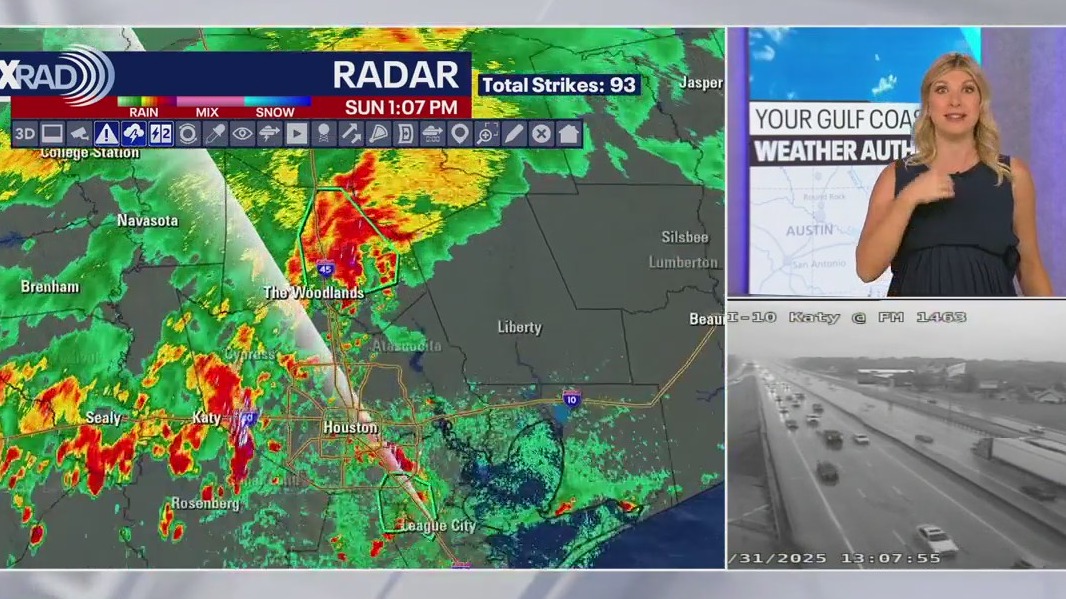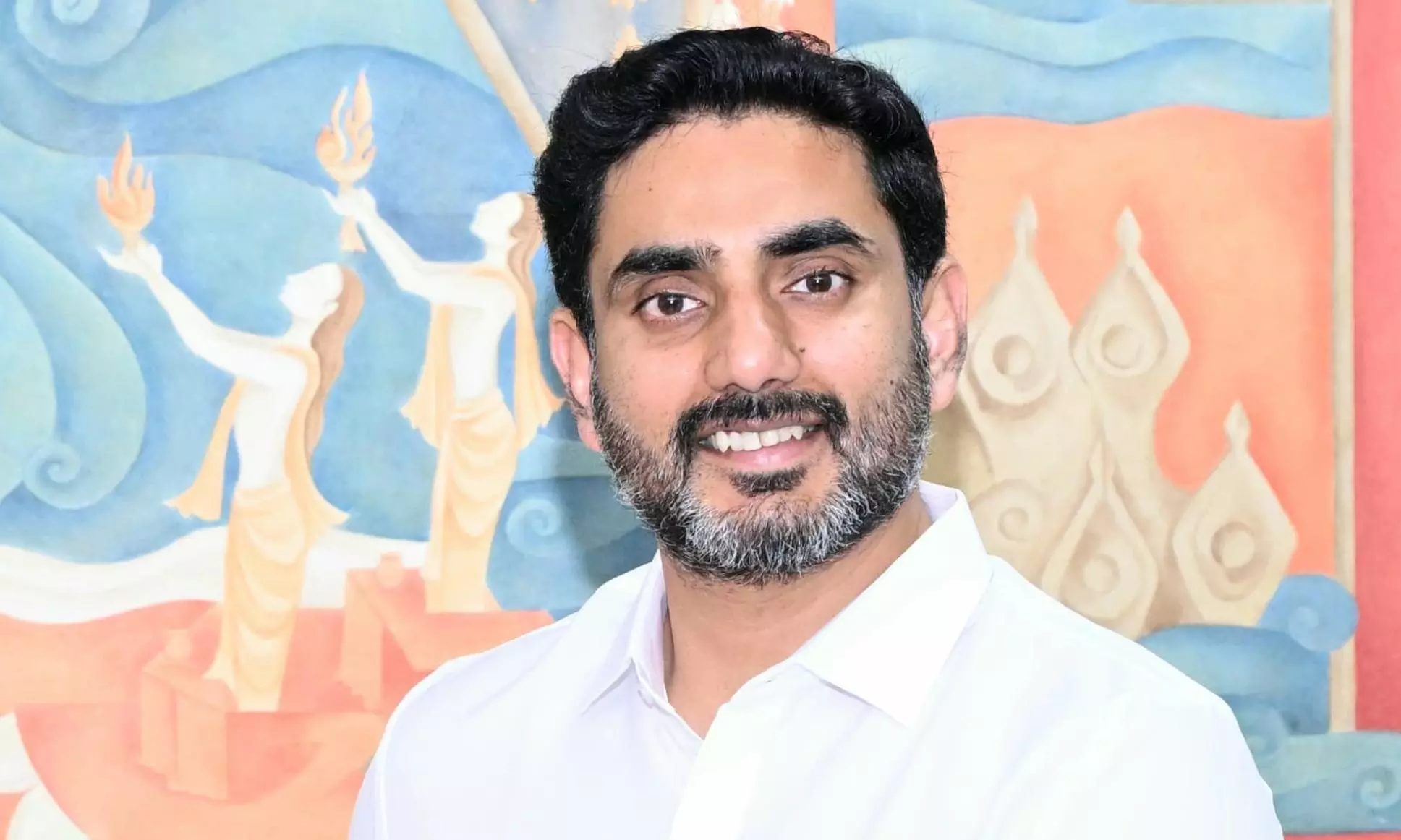In response, the S.C. General Assembly approved a budget proviso this year that greenlit a pilot program under the Film Commission.
Armed with $2 million, Local Film Carry Forward is an incentive program aimed at mid-tier productions — budgets between $250,000 and $999,999. If productions qualify, they can receive up to 25 percent state rebate on total expenses. To qualify, “all production activity” must take place in South Carolina and the film’s producer must be registered with the state and have been a resident for at least two years, in addition to other qualifications.
With more productions filming in South Carolina, especially low- to mid-tier productions, young crewmembers and students can get the on-set training they need.

Netflix’s “Outer Banks” cast members Chase Stokes, as John B, and Madelyn Cline, as Sarah Cameron, chat with director Jonas Pate in episode 307, which was filmed in South Carolina.
The goal, Storm said, is to keep S.C. talent in S.C. — and nurture that talent to create bigger and bigger productions.
He cited a Greenville-based couple, Chris and Emily White, who had to take their 2020 mid-budget film “Electric Jesus” out of state because they didn’t qualify for the commission’s existing incentives.
“They’ve yet to bring a (full-length) project here,” Storm said of the indie filmmakers, “and it’s their home state.”
The Local Film Carry Forward program launched this summer. Storm said he has received two applications, with the hopes of more to come.
Looking ahead, the “Outer Banks” crew has expressed interest in filming another project here and a couple feature films are “sniffing around,” Storm said, but the state doesn’t have anything major on the schedule.
“If we can get 10 to 15 (productions), as opposed to just one big show, I think we can still keep our crew working year round. And that’s a win for us,” Storm said.
Parrish said focusing on smaller projects over major network productions is a necessary pivot right now.
“We see the landscape,” he said. “We realize at least for the foreseeable future, it’s not going to change.”




















































